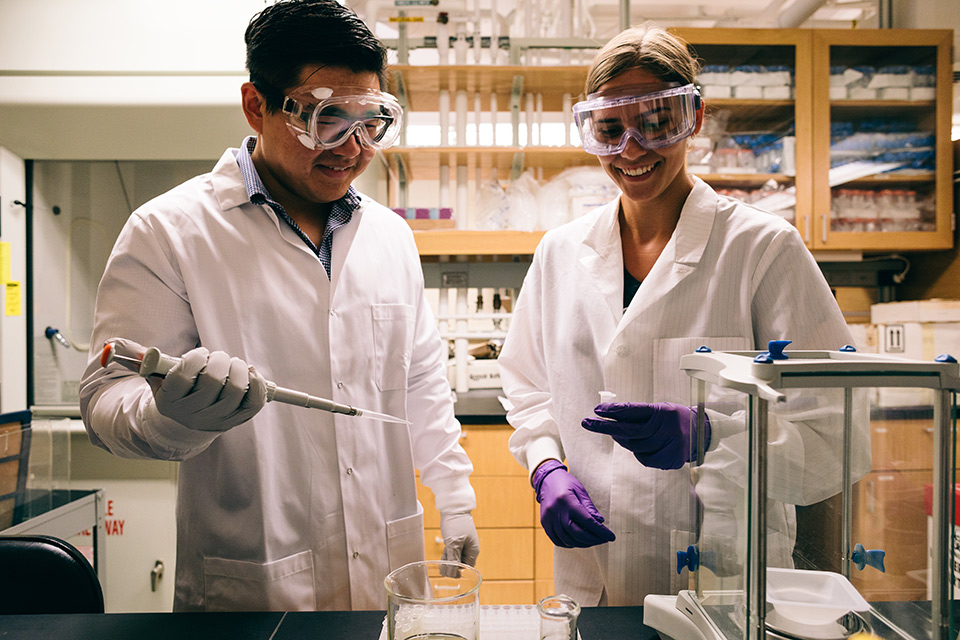Get Involved
Get involve:
We are open to welcoming undergraduate students, honors students, summer interns, graduate students, visiting graduate students, and post-doctoral fellows. We aim to integrate molecular imaging into radiotherapy to support clinical decision-making.
Open position:
Post-Doctoral Position
Project Topic: Disease and Treatment Response Monitoring Using Machine Learning
Project Description
The central goal of this project is to develop robust machine learning models with predictive capabilities to monitor disease progression and treatment response. By analyzing intricate datasets encompassing patient profiles, medical histories, diagnostic results, and treatment regimens, this research aims to create models to anticipate potential relapses or treatment inefficacies. These models would aid clinicians in identifying patients who require additional interventions more quickly.
One example of interest is the detection of prostate cancer recurrence after radiation therapy relies on the measurement of a sustained rise of serum prostate-specific antigen (PSA), which is a standard clinical biomarker of prostate cancer (PCa). The rationale for using PSA in post-radiation patient follow-up is that blood levels of PSA tend to rise due to tumor progression. Thus, if the treatment is successful, radiation-induced tumor cell death should decrease PSA values to a minimum, which may vary from patient to patient and with prostate size. Otherwise, if radiation does not eradicate the tumor completely, the surviving cancerous cells will ultimately drive tumor growth after the therapy conclusion and, hence, produce an increasing trend in PSA. However, this biochemical relapse may take years to occur, thereby delaying the delivery of a secondary treatment to patients with recurring tumors. To address this issue, we propose to use computational modeling and machine learning to predict biochemical relapse earlier. Using patient data from the Indiana University Hospital, we will initially focus on patients receiving radiation therapy only, and then we will extend the study to patients who received hormone treatment in addition to radiation, and patients who underwent surgery.
Start Date
Spring 2024
Postdoc Qualifications
• The candidate is expected to have earned (or will earn in the near future) a PhD in Radiation Physics, Biomedical Engineering, Mechanical Engineering, Physics, Computer Science or other related fields.
• Strong programming skills, particularly in languages like Python, and experience with machine learning libraries.
• Understanding of medical concepts, terminologies, and healthcare practices.
• Excellent analytical and communication skills.

Co-Advisors
Oluwaseyi (Seyi) Oderinde, https://hhs.purdue.edu/admire-research-lab/
Hector Gomez, https://engineering.purdue.edu/gomez/
Application Details:
Short Bibliography
[1] G. Lorenzo, N. di Muzio, C.L. Deantoni, C. Cozzarini, A. Fodor, A. Briganti, F. Montorsi, V.M. Pérez-García, H. Gomez, A. Reali, Patient-specific forecasting of post-radiotherapy prostate-specific antigen kinetics enables early prediction of biochemical relapse, iScience, 25, 105430, 2022.
[2] Y. Xu, A. Hosny, R. Zeleznik, C. Parmar, T. Coroller, I. Franco, R. Mak, H. Aerts, Deep Learning Predicts Lung Cancer Treatment Response from Serial Medical Imaging, Clinical Cancer Research, 25, 11, 3266-3275, 2019.
[3] H. Nasief, C. Zheng, D. Schott, W. Hall, S. Tsai, B. Erickson, X.A. Li, A machine learning based delta-radiomics process for early prediction of treatment response of pancreatic cancer, npj Precision Oncology, 3(25), 2019.